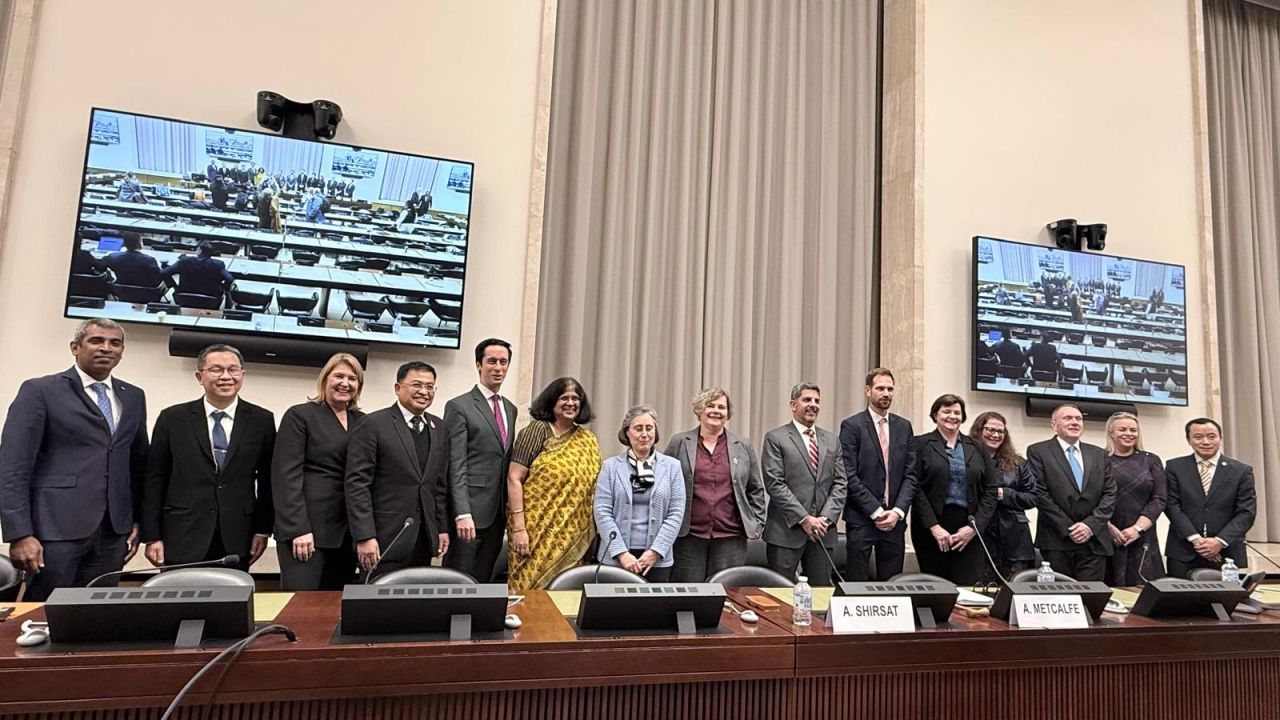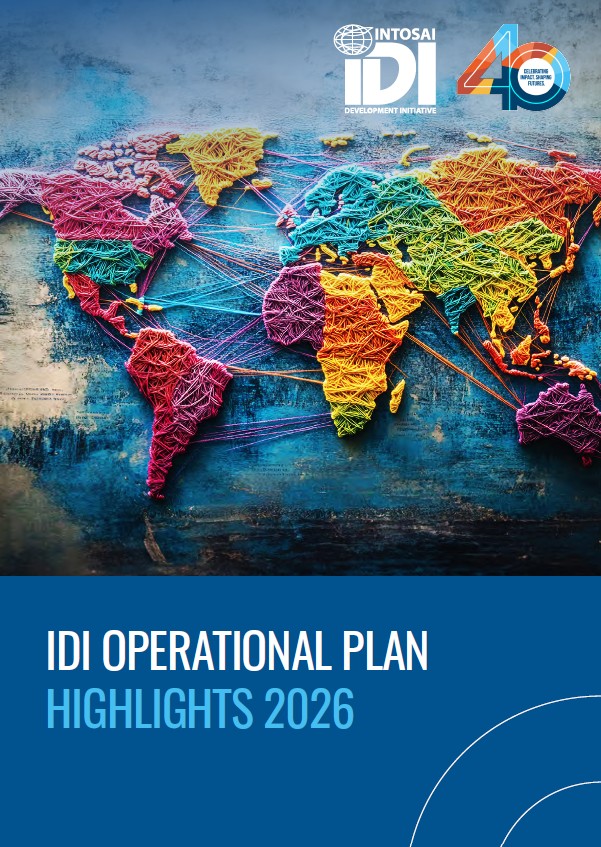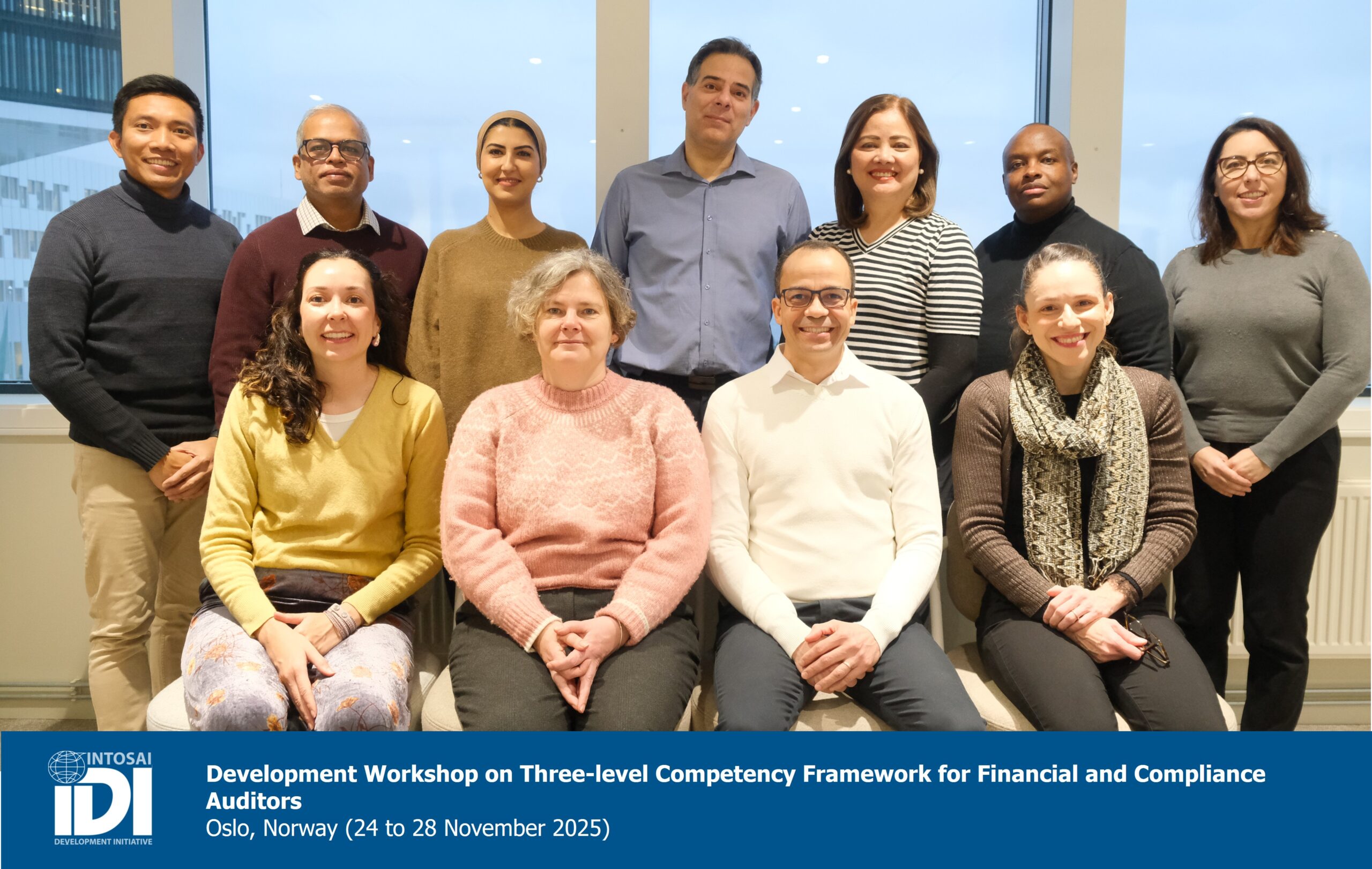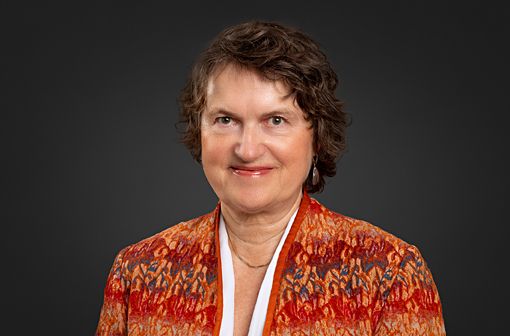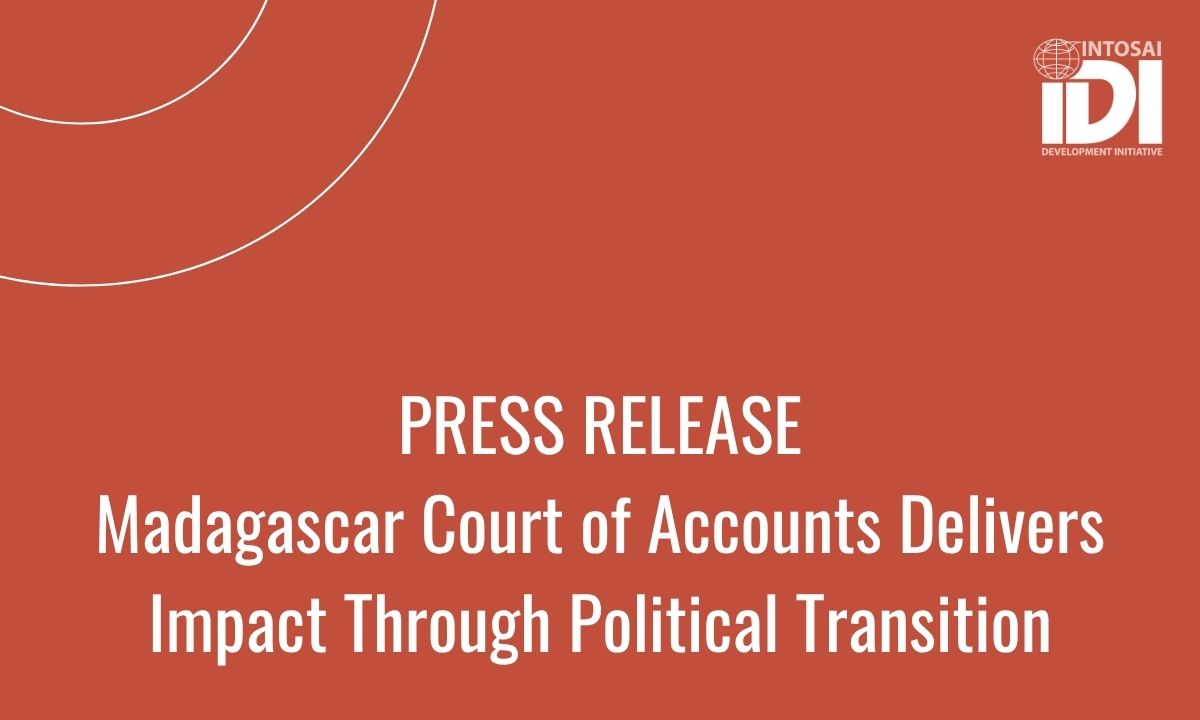We’re delighted to profile Kristin Amundsen, DDG in SAI of Norway and IDI Board Member since 2018.
Kristin Amundsen, Deputy Director General of a Performance Audit Department with the SAI of Norway, has been an IDI Board Member since 2018.
Holder of several executive roles in the Office of the Auditor General of Norway (OAGN), Kristin has a reputation for providing visionary leadership and strategic perspectives, including expert knowledge on performance auditing. Kristin has solid expertise in quality review and good practice within public sector auditing. She built a professional network on audit and evaluation as manager of the Methodology Unit for performance auditing and as a Board Member of the Norwegian Evaluation Society.
Kristin has been involved in the development of international and national standards of performance auditing. She has unique experiences in international peer reviews of SAIs, as lead reviewer of an international peer review of the United States Government Accountability Office (GAO) and SAI Denmark, and as part of an international peer review of the audit practices of the Office of the Auditor General of Canada in 2019.
Kristin has also been involved in capacity building of SAIs in Nepal and AFROSAI E. She holds a master’s degree in political science from the University of Oslo.
You have specialist expertise in performance audit. What can SAIs and IDI do to focus on and build capacity in this particular audit stream?
SAIs certainly have a crucial role in serving as parliaments’ watchdog. My passion is to contribute to the capacity building of the SAI – this essential institution for ensuring democracy and good governance. By strengthening the ability to conduct performance auditing, SAIs can play an essential role in providing advice to Parliament and senior management in the public sector.
Performance auditing is increasingly recognised by our various stakeholders as key in enhancing the role of auditors as trusted advisors to senior management. Its focus on results encourages learning and change within any organisation, providing new information and drawing attention to various challenges that impact the achievement of the organisation’s strategic objectives.
I consider capacity building of SAIs to be a highly important and interesting professional challenge. IDI can play a crucial role through its work streams: Independent SAIs, Well-Governed SAIs, Professional SAIs, and Relevant SAIs. I can add value to further develop IDI’s strategy by expanding the knowledge base on measuring results and performance, and by conveying strategic perspectives and good practices on performance auditing to the Board.
In 2020, you ran a Performance Audit Seminar for all UN Agencies in New York. What was the objective?
This UNDP Seminar on Performance Auditing 2020 featured top professionals on performance auditing from all over the world. The focus of the seminar was how to integrate performance auditing into the audit practices of international organisations, with the aim of enhancing focus on results and achievement of the organisations’ key outcomes and the Sustainable Development Goals by 2030. The seminar covered key performance auditing methodology and helped participants identify topics for performance auditing, including economy, efficiency and effectiveness.
Introducing performance auditing in the internal audit toolkit will help build more mature, resilient, useful and better equipped internal audit functions. It will also provide better support and advice for senior management and executive boards.
Other valuable contributions from the seminar were the sharing of strategic perspectives and innovative audit practices on measuring results and performance. How to plan for audit impact and add value from the performance audits was another essential topic raised.
I firmly believe that assessing efficiency, economy and effectiveness, and conveying the results to stakeholders, will all contribute to enhanced accountability.
Following your secondment to UNDP leading up to that seminar, how important is it for IDI and SAIs to work alongside development organisations and other stakeholders, particularly in working towards the SDGs?
I identify strongly with the INTOSAI motto ‘Mutual experience benefits all’. Partnerships will multiply our strengths and help us share and provide innovative ideas and new practices within the INTOSAI family.
With the UN Agenda 2030, we anticipate a key role for SAIs and their audit reports in analysing results and lessons learnt. SAIs may serve a unique role in measuring the implementation of the Sustainable Development Goals. IDI is contributing with tools, e.g. an audit model for measuring SDG implementation (ISAM). I very much appreciate IDI’s sustained efforts in raising this issue, in cooperation with UNDESA and the larger SAI community.
IDI has been at the forefront, cooperating with the UN on SAIs measuring the preparedness of the respective nations regarding the SDGs. The SAI of Norway has also published a report on preparedness for SDGs. I appreciate greatly the sharing of experiences among the SAIs and the official IDI publications from this audit cooperation.
In working towards the UN Agenda 2030, there is a need to track the results regarding climate, reduced poverty, health and education for all, particularly in the wake of the pandemic. We must be able to show and describe results so that parliaments, authorities and decision-makers know which measures really do produce results. SAIs and other oversight agencies have a crucial role here, and peer learning and knowledge sharing are essential. Key insights from implementing the SDGs may guide national authorities, UN agencies and other international institutions alike, when making management decisions.
I am always happy to convey key messages in relevant settings, e.g. the UNDP seminar I lead on performance audit, and other INTOSAI knowledge-sharing arenas, including experiences from the UNDP on gender strategy development and related Sustainable Development Goals.
I am active in an international network of professional oversight bodies, a rich source for knowledge sharing. I appreciate greatly that the IDI actively consult with partners and stakeholders when developing strategies and policies. I see SAI PMF as a valuable tool to assess SAI performance. This tool is conducive to the capacity building of SAIs, and valuable in the dialogue with development partners.
An objective, independent SAI has a crucial role in ensuring accountability and monitoring how public spending achieves intended results. The role of the SAIs is underscored by the pandemic. When planning for the future, both INTOSAI, UN agencies and international financial institutions could find common ground in strengthening the independence and the capacity of SAIs to audit the Sustainable Development Goals.
Initiative
Topics
Recent News
